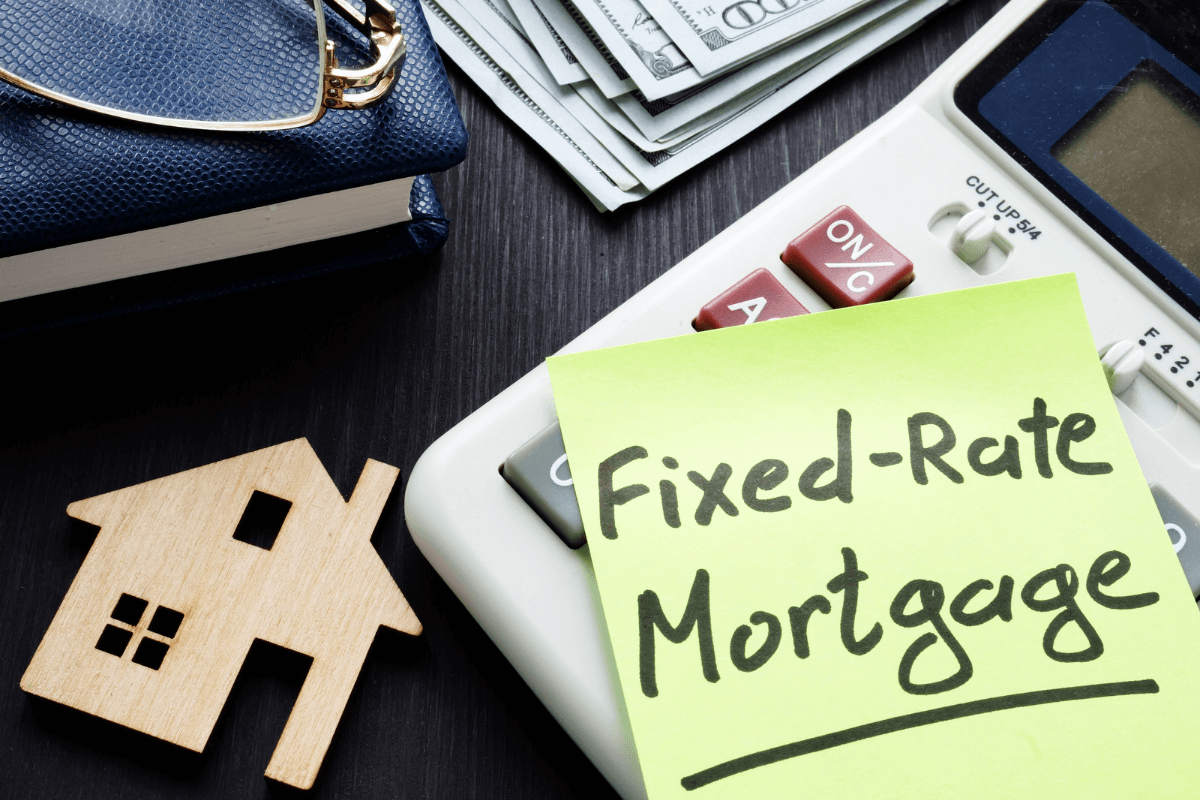Fixed Mortgage Rates: Deciding Between a 2-Year and 5-Year Term
When it comes to making the important decision of choosing a fixed mortgage rate, it can be difficult to decide between a 2-year and 5-year term. Both have advantages and disadvantages that need to be weighed carefully before making a commitment. In this blog post, we’ll discuss the differences between the two terms, and the considerations to keep in mind when making the decision.
What is a fixed mortgage rate?
A fixed mortgage rate is a type of home loan that features an interest rate that remains the same for the entire duration of the mortgage term. This means that your monthly mortgage payments will remain the same as well, providing you with predictability and stability in your budget. Fixed mortgage rates can be offered in various terms, but the most common options are 2-year, 3-year, 5-year, and 10-year terms. As the name suggests, the term refers to how long the interest rate remains fixed before it can be adjusted again.
Fixed mortgage rates are typically chosen by borrowers who want to lock in a certain interest rate and have a predictable payment schedule over the course of their mortgage. This type of mortgage is ideal for those who prioritise budgeting and stability over flexibility and fluctuating interest rates.
It is worth noting that a fixed mortgage rate may not be the right choice for everyone, as it can come with some drawbacks. These will be explored in more detail later in this post.
Differences between a 2-year and 5-year fixed mortgage rate
As the name suggests, a 2-year fixed mortgage rate is locked in for two years. Once this term expires, you will need to renew your mortgage at the current interest rates. A 5-year fixed mortgage rate, on the other hand, is locked in for five years. This longer term provides greater stability in your mortgage payments for a longer period of time.
In general, a 5-year fixed mortgage rate tends to have slightly higher interest rates than a 2-year fixed mortgage rate. This is because lenders factor in the added stability of a longer term when calculating their rates. While you may end up paying more in interest with a 5-year term, the added stability can provide peace of mind and protection against any interest rate increases during this period. However, if interest rates experience turbulent circumstances, lenders have been known to increase the 2 year rates to be higher. Seek professional advice when you are serious about securing a new mortgage.
One of the benefits of a 2-year fixed mortgage rate is that it provides greater flexibility. This shorter term gives you the option to re-evaluate your mortgage needs more frequently and adjust accordingly. For example, if you have plans to sell your home or change your mortgage strategy in the near future, a 2-year term may be a better fit.
Before deciding on a term length, it’s important to consider the penalties associated with breaking your mortgage. In general, breaking a 2-year fixed mortgage rate will result in lower penalties than breaking a 5-year fixed mortgage rate. This is because the lender has the added security of a longer term to recoup their losses if you break your mortgage early.
Ultimately, the decision between a 2-year and 5-year fixed mortgage rate will depend on your personal financial goals and situation. Consider working with a mortgage broker to evaluate your options and find the best fit for your needs.
Additionally, it’s important to consider the state of the housing market and the economy when deciding on a fixed mortgage rate term. If interest rates are expected to rise in the next few years, it may be wise to lock in a 5-year fixed rate to avoid any potential increases in your mortgage payments.
Ultimately, the decision between a 2-year and 5-year fixed mortgage rate comes down to your individual financial situation and goals. Consider factors such as your long-term plans for homeownership, current and expected interest rates, and overall financial stability before making a decision.





